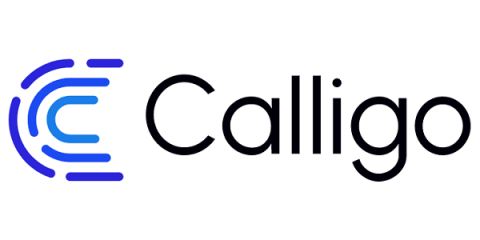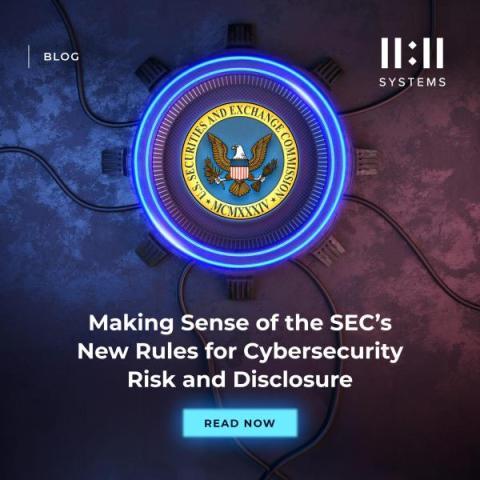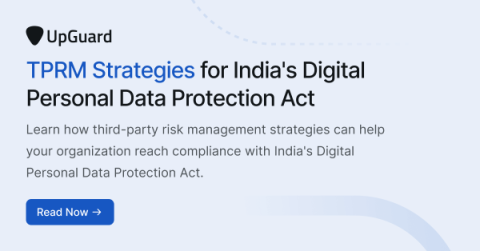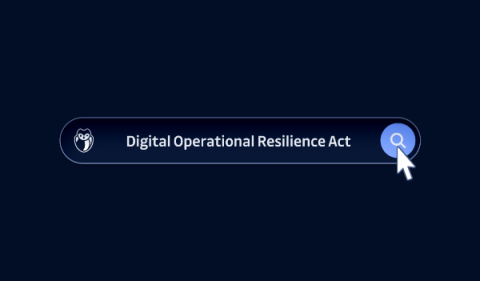Attesting to secure software development practices
It’s been almost three years since President Biden issued Executive Order 14028, and while we’ve heard vendors talk about “compliance with EO 14028” for about that long, the reality is that industry hasn’t had anything to comply with—until now. On March 11, CISA published the Secure Software Development Attestation Form as part of its obligations under OMB memo M-22-18 and the successor OMB memo M-23-16.











